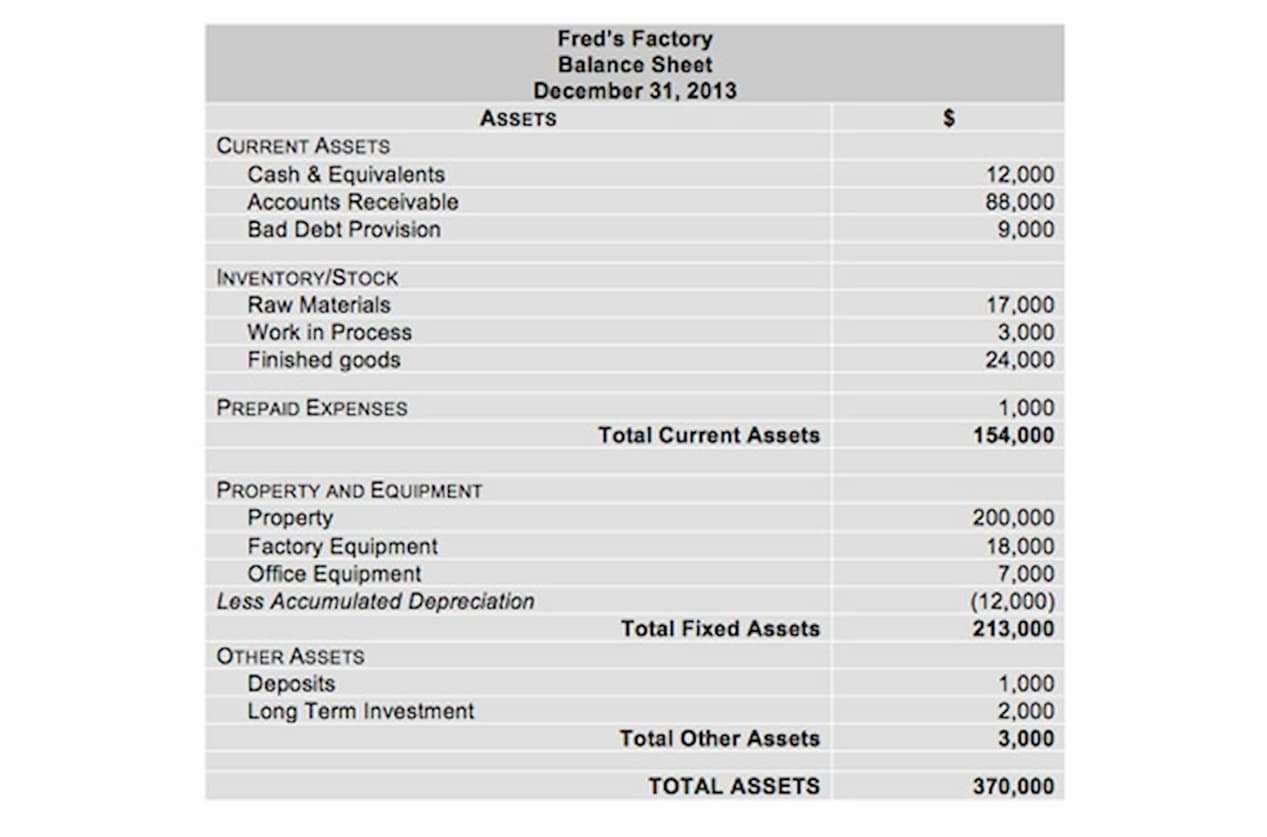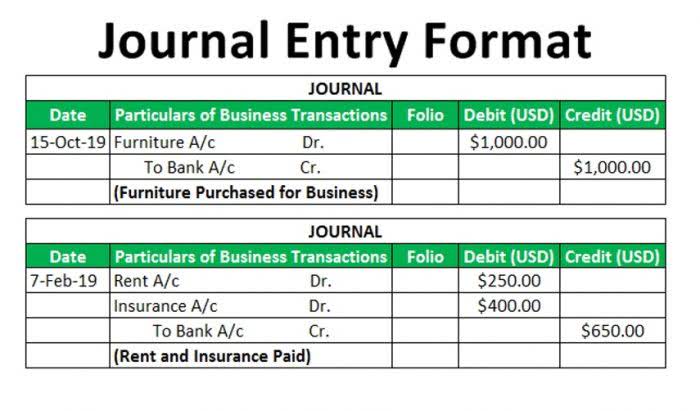Going concern: IFRS® Standards compared to US GAAP

If it’s determined that the business is stable, financial statements are prepared using the going concern basis of accounting. Because the US GAAP guidance is more developed in this area, it may provide certain useful reference points for IFRS Standards preparers – e.g. to identify adverse conditions and events or to assess the mitigating effects of management’s plans. However, dual reporters should be mindful of the differing frameworks, terminologies and potentially different outcomes in their going concern conclusions. Our IFRS Standards resources going concern meaning will help you to better understand the potential accounting and disclosure implications of COVID-19 for your company, and the actions management can take now. Unlike IFRS Standards, the going concern assessment is performed for a finite period of 12 months from the date the financial statements are issued (or available to be issued for nonpublic entities). Known or knowable events beyond the look-forward period can be ignored in the going concern assessment, although disclosure of their potential effects may still be required by other standards.
To meet these disclosure requirements, in our view, similar information to that in respect of material uncertainties may be relevant to the users’ understanding of the company’s financial statements, as appropriate. The auditor evaluates an entity’s ability to continue as a going concern for a period not less than one year following the date of the financial statements being audited (a longer period may be considered if the auditor believes such extended period to be relevant). If so, the auditor must draw attention to the uncertainty regarding the entity’s ability to continue as a going concern, in their auditor’s report.
The eclipse gives astronomy clubs an opportunity to shine
A financial auditor is hired by a business to evaluate whether its assessment of going concern is accurate. After conducting a thorough review (audit) of the business’s financials, the auditor will provide a report with their assessment. It is possible for a company to mitigate an auditor’s view of its going concern status by having a third party guarantee the debts of the business or agree to provide additional funds as needed. By doing so, the auditor is reasonably assured that the business will remain functional during the one-year period stipulated by GAAS. This makes it easy for a parent company to ensure that its subsidiaries are always classified as going concerns. For example, the look-forward period for a company with a December 31, 20X0 reporting date is at least the 12 months ended December 31, 20X1, but it may need to be extended depending on the facts and circumstances.
- However, generally accepted auditing standards (GAAS) do instruct an auditor regarding the consideration of an entity’s ability to continue as a going concern.
- For example, a company may have a profitable track record or prior success at refinancing.
- Listing of long-term assets normally does not appear in a company’s quarterly statements or as a line item on balance sheets.
- The effects of COVID-19 are negatively affecting many companies’ financial performance and liquidity in some way.
- Our IFRS Standards resources will help you to better understand the potential accounting and disclosure implications of COVID-19 for your company, and the actions management can take now.
- Preparation of financial statements under this presumption is commonly referred to as the going concern basis of accounting.
Their mitigating effect is considered under Step 2 to determine if they alleviate the substantial doubt raised in Step 1, but only if certain conditions are met. This means management needs to run two sets of forecasts, before and after management’s plans, whereas IFRS Standards are not prescriptive in this regard. However, generally accepted auditing standards (GAAS) do instruct an auditor regarding the consideration of an entity’s ability to continue as a going concern. Going concern is an accounting term used to identify whether a company is likely to survive the next year. Companies that are not a going concern may not have enough money to survive, and this fact must be publicly disclosed when an auditor audits their financial statements.
Future effects of global climate change in the United States:
The going concern approach utilizes the standard intrinsic and relative valuation approaches, with the shared assumption that the company (or companies) will be operating perpetually. In the context of corporate valuation, companies can be valued on either a going concern basis or a liquidation basis. When an auditor issues a going concern qualification, the way their opinion is disclosed depends on the structure of the business.
- And if past eclipses are prologue, it’s likely that some eclipse-gazers will show up at doctors’ offices with significant eye damage.
- He encourages people to go out and enjoy an event that won’t happen again in the United States until 2044, even as he realizes that some people will be too fearful of eye damage.
- The information contained herein is of a general nature and is not intended to address the circumstances of any particular individual or entity.
- Unlike IFRS Standards, if substantial doubt is raised in Step 1 about the company’s ability to continue as a going concern, the extent of disclosure depends on the outcome of Step 2 and whether that doubt is alleviated by management’s plans.
- Given that more than 150 million people directly viewed either a partial eclipse or a total solar eclipse, however, the number who suffered eye problems may seem relatively small.
- Plummeting cash flow and ballooning debt can be obvious signs of trouble, but nonfinancial factors can also sink a business, like legal issues, changes in regulation or the resignation of a key executive.
If there is an issue, the audit firm must qualify its audit report with a statement about the problem. If the accountant believes that an entity may no longer be a going concern, then this brings up the issue of whether its assets are impaired, which may call for the write-down of their carrying amount to their liquidation value. Going concern is important because it is a signal of trust about the longevity and future of a company. Without it, business would not offer nearly as much credit sales as suppliers, vendors, and other companies may not pay the company if there is little belief these companies will survive. A company may not be a going concern based on the financial position on either its income statement or balance sheet. For example, a company’s annual expenses may so vastly outweigh its revenue that it can’t reasonably make a profit.
What Happens If a Company Is Not a Going Concern?
On the other hand, a company may be operating at a profit buts its long-term liabilities are coming due and not enough money is being made. Going concern is an example of conservatism where entities must take a less aggressive approach to financial reporting. Despite the warnings, some people try to glimpse the partially-eclipsed sun without eye protection, thinking that a quick look won’t cause any harm. While an initial glance at the sun may not cause lasting damage, says Chou, repeated peeks do add up.


